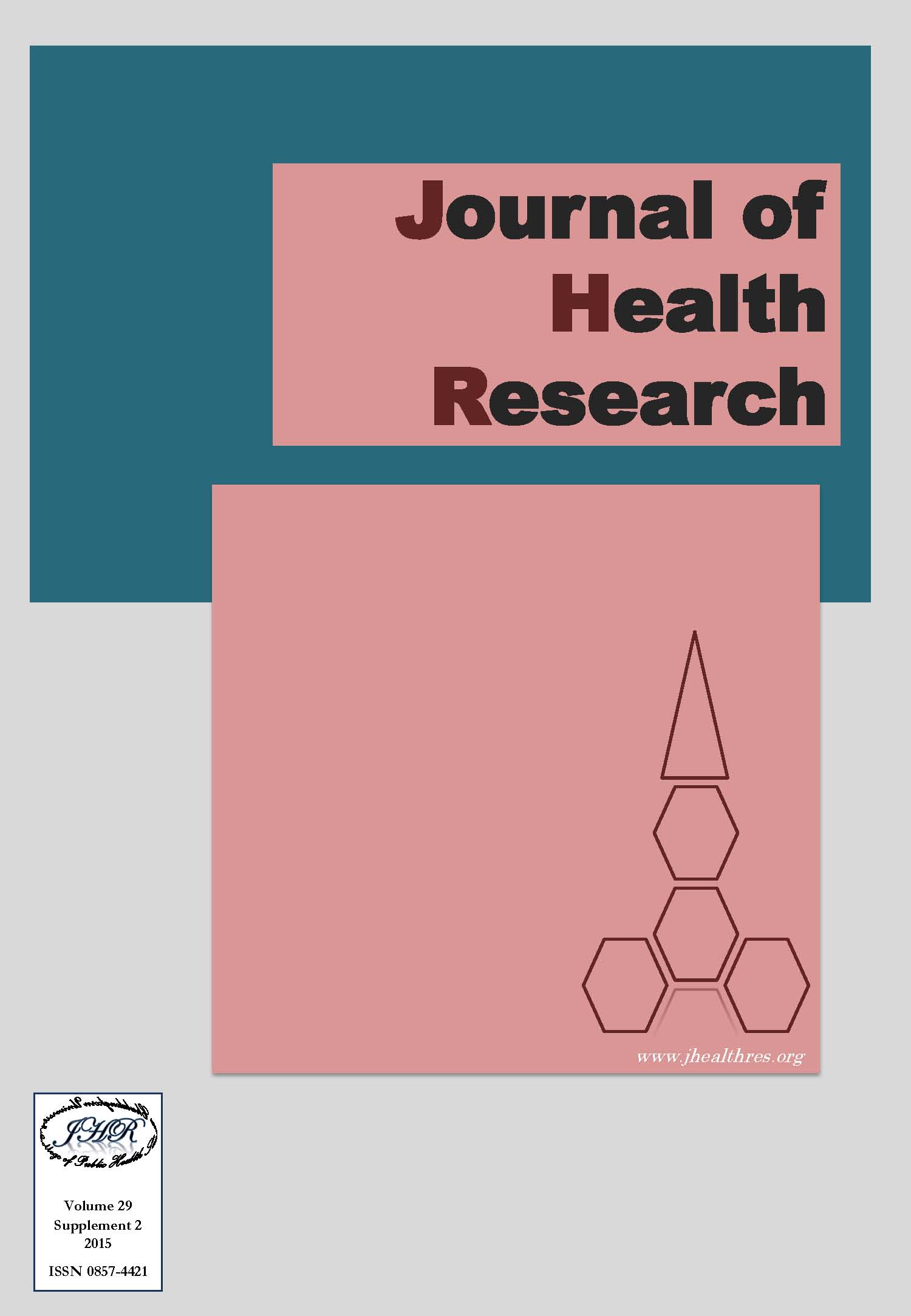Perception and usage of compulsory migrant health insurance scheme by adult Myanmar migrants in Bang Khun Thian district, Bangkok Metropolitan Area, Thailand
Keywords:
Health insurance, Compulsory Migrant Health Insurance Scheme, Myanmar migrant, Migrant workersAbstract
Background: The Ministry of Public Health (MOPH), Thailand, has been implementing the Compulsory Migrant Health Insurance Scheme (CMHI) for registered migrant workers since 1997. This study assessed the perception and usage of compulsory migrant health insurance scheme among adult Myanmar Migrant Workers in Bang Khun Thian district, Bangkok Metropolitan area, Thailand.
Methods: This was a cross-sectional study with both quantitative and qualitative methods. Four hundred Myanmar migrant workers, male and female who registered and unregistered in Ban Khun Thian district was selected in this study by using inclusion criteria of age 18 years and above, who can speak Burmese Language though they are not Burmese ethnicity, who are willing to participate in the research and exclusion criteria for who has difficulty in communicating in Burmese, temporary stay in Bang Khun Thian and who are working as volunteer at community based NGO team. Structured questionnaire for quantitative and in-depth interview for quantitative data were carried out. Quantitative data were organized and analyzed by the researcher using SPSS for quantitative study. Frequency, percentage are used for socio-demographic variables, working condition, medical disease, and accessibility to health care services. Chi-square test was used to analyze the statistical relationship with statistical significance p-value = 0.05 together with analysis of qualitative data.
Results: Among the respondents with registration status, 43.5 % own CMHI card as they cannot have the CMHI without the registration card. Among the respondents who owned CMHI card, 145 respondents use the card which is 36.2%. The accessibility variables such as been to hospital, translation services and general satisfaction towards health services and usage of CMHI card are positively associated with high significant level of p<0.001. Having an illness during last 6 months and usage of CMHI are positively associated with significant level p<0.05. There was no significant association between sociodemographic characteristics and usage of CMHI card. Registration status and duration in current job are not associated with usage of CMHI card. There is no relationship between perception scores and the usage of CMHI card.
Conclusions: The usage of CMHI card is associated with having an illness, been to the hospital, translator assistance and satisfaction towards health services from hospital. The recommendation from this study is that raising awareness on compulsory migrant health insurance scheme should be done together with promotion on usage and ownership of CMHI card.







